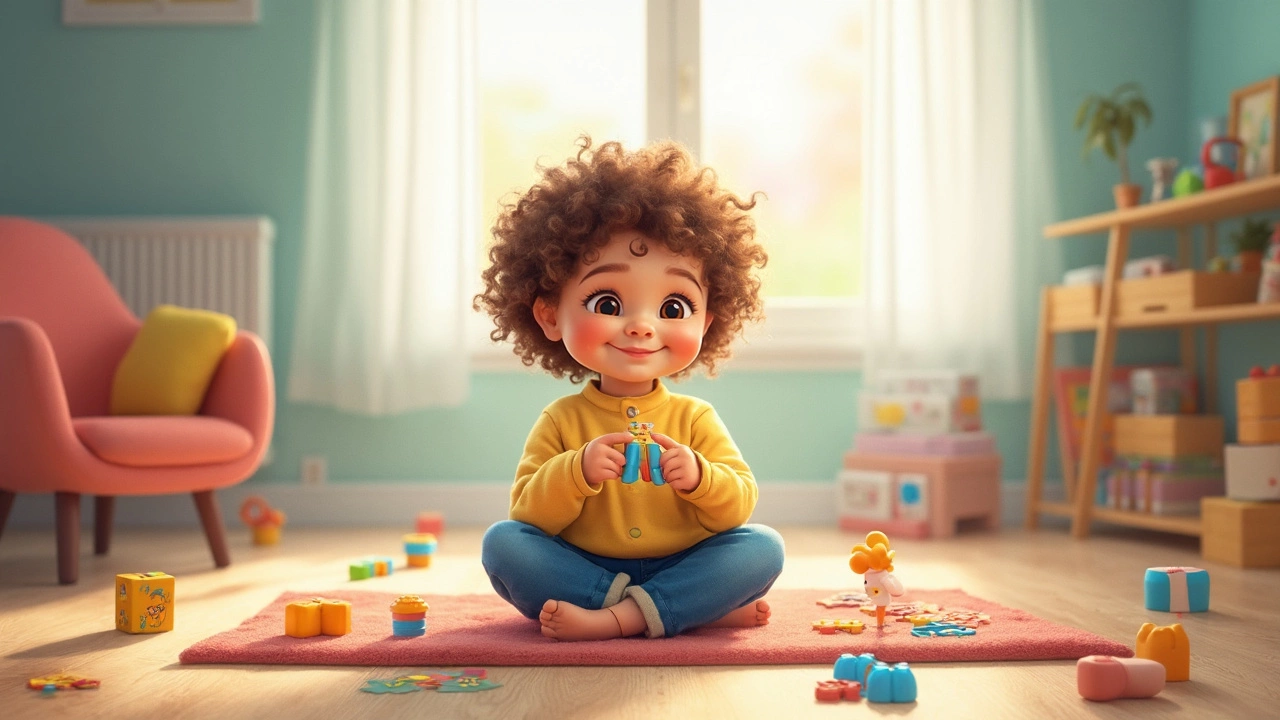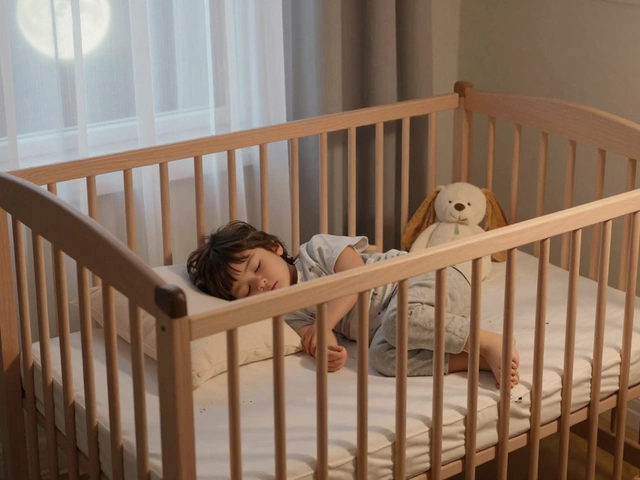Focus Tools Every Parent Needs
Being a parent means juggling a million things at once. From car seat rules to bedtime routines, you need simple tools that keep you on track. Below are the most useful focus tools – quick guides, checklists, and hacks – that make daily decisions easier and safer for you and your child.
Quick Decision Guides
When you’re in the store or planning a trip, a short decision guide can stop you from overthinking. For example, our Booster Seat Weight Guide tells you the exact weight range for switching to a booster. Just glance at the chart, compare your child’s weight, and you’ll know the answer in seconds.
Another handy guide is the Breast Pump Hospital Checklist. It lists the three questions to ask the maternity ward, so you never leave without the right equipment. Keep the list on your phone and pull it up before you pack.
Safety Checklists
Safety checklists work like a mental safety net. Our Car Seat Arrival Checklist reminds you to bring the seat, the installation manual, and a phone charger for the car seat’s alarm. A quick call to the hospital ahead of time saves you a surprise at the discharge desk.
For the home, the Nursery Dresser Safety List covers securing the dresser to the wall, checking drawer locks, and keeping heavy items on the bottom. Follow the three‑step routine each time you arrange a new drawer, and you’ll avoid a potential tip‑over accident.
These checklists are short on words but big on impact. Print them, stick them on the fridge, or save them as notes on your phone. When the moment comes, you’ll have the information right where you need it.
Beyond lists, a few mental habits can boost your focus. Set a 10‑minute “planning window” each evening to review the next day’s appointments, meals, and gear needs. Write down the top three priorities –‑ whether it’s feeding schedule, stroller maintenance, or a quick visit to the pharmacy. By limiting your focus to three items, you avoid feeling overloaded.
Another tip is to use the “one‑in‑one‑out” rule for toys and accessories. When you bring a new item home, decide which older one to store or donate. This keeps the clutter down and makes it easier to locate the tools you actually use.
Finally, keep a small “parent pocket” in your bag: a bottle brush, a spare pacifier, a compact stroller strap, and a copy of your child’s health record. When you know exactly what’s in that pocket, you won’t waste time digging for something you’ve forgotten.
All these focus tools are designed to fit into a busy parent’s routine without adding extra steps. They let you make safer, smarter choices in seconds, leaving more time for the fun parts of parenting –‑ like reading bedtime stories and watching your child’s first steps.
Explore the full list of guides and checklists on our site. Each one is built for quick reference, so you can stay focused, confident, and in control every day.

Best Toys for ADHD: Choosing Smart Educational Tools
Picking the right toys for kids with ADHD isn't just about keeping them busy—it's about helping them learn, focus, and express themselves. The right educational toys can make a real difference for children with ADHD by boosting their confidence, creativity, and self-control. From sensory gadgets to puzzles, certain toys support hands-on learning and help manage restlessness. This article breaks down the best choices and offers practical advice for parents and caregivers. It’s all about giving kids the tools that actually help, instead of just adding more clutter.
view more

